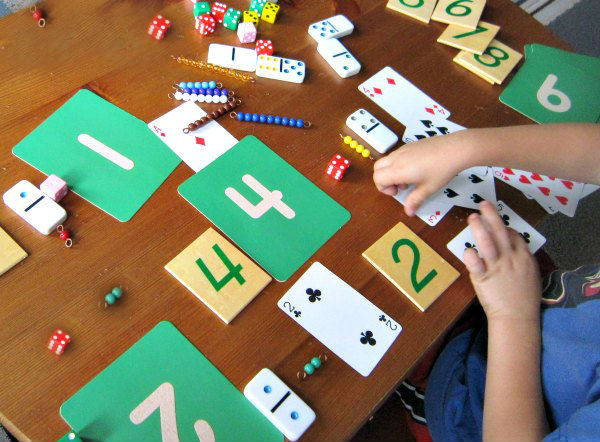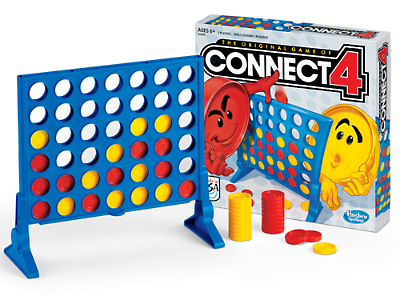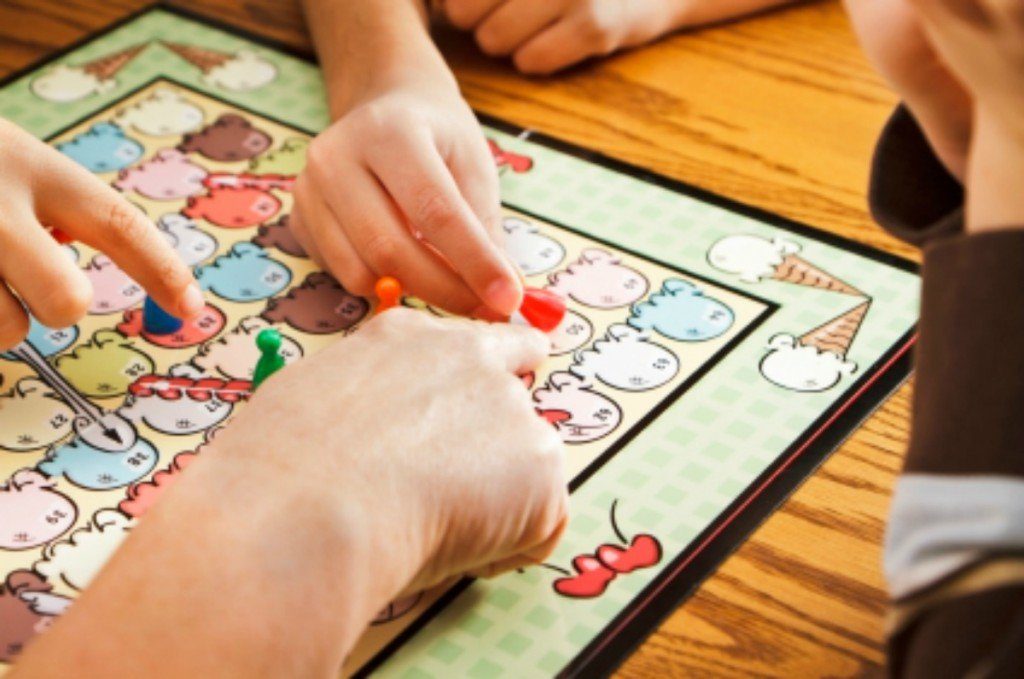It’s that time of year again when all the kids are out for summer vacation. How do you keep the learning process going until they have to go back to school? One of the best ways to keep growing minds sharp all vacation long is with a variety of games whose lessons can carry over when classes begin in the fall.
The best games don’t require an electronic device. Here is a list of learning games that you can play anywhere with your kids.
1. Board Games
A visit to the local toy store or big box retailer and you may soon be overwhelmed by all of your choices. Here are some of our top choices for summer.
Battleship – This game has been around for decades. Two players face each other while trying to guess the positioning of the other’s fleet on a grid. It involves logic and a bit of strategy in order to hit and sink all of the other player’s ships and win the game.
Clue – This mystery solving game is a well-beloved classic that even has a movie made around its key elements. Players have to use a number of clues in order to solve who did the murder, where it happened, and how it was done.

2. Math Games
Even for kids who list math as their least favorite subject can learn to love it through playing math games. Here are some games to help teach math skills while they’re busy having fun.
Dominoes – Dominoes can be a fun way to keep kids engaged and thinking about math. Dominoes can be used to add, subtract, multiply and divide by giving each a set of numbers to put into problems to solve. If a domino has five dots on one half of it, and three on the other side, the numbers could be added up to make a sum of eight, or multiplied to equal 40.
Bingo – This is one of the best ways for kids to learn math, no matter what grade level they are at. Elementary grade students can learn addition and subtraction, while middle school and high school students can get familiar with more complex math concepts like multiplication, division, fractions, and even geometry and algebra. You can create your own math bingo cards by putting answers on a card and then play by calling out math problems that your kids have to solve to get a bingo.
3. Brain Games
Just about any number or word game can be used to sharpen the brain. Games like Sudoku can teach number patterns and recognition. Vocabulary games which include Scrabble and Scattergories can help develop language skills. Other games which pose questions to players, like in the game Trivial Pursuit, can sharpen knowledge of history, culture, and world events.
4. Table games
Usually played on a table made for a specific game. One example is Connect Four. Intended for players age 6 and up, the object is to first to line up 4 discs of their color. It seems easy, but there’s strategy involved. Do try to line up your pieces along the side, diagonally or across? It’s a great way to learn patterns as well as tactics.

5. Card games
What roadtrip or camping expedition would be complete without a deck of playing cards? A standard deck of playing cards can be used to teach math, strategy and matching through a wide variety of games.
6. Matching & Memory Games
Everyone could use a bit of a memory boost. Matching and memory games can go hand in hand in teaching kids (and adults) to recognize patterns to improve cognitive skills.
Memory – There are scores of memory and matching games available with everything that is enticing to kids from shapes, wild animals, and numbers and even your favorite movie characters or superheroes. Cards are shuffled and placed face down then turned over. When matches are made, they are left face up or removed until all matches are made.

7. Word games
Reading and writing are both fantastic summer activities for kids of all ages. Why not introduce kids to some word games that can keep them sharpening their vocabulary, spelling and writing skills?
Scrabble – This classic crossword game is great for kids from 8 years to adult. It’s great for increasing vocabulary, spelling skills and a bit of strategy.
Scattergories – Players have the opportunity to brainstorm and think creatively on their own or on a team. The object is to find words which will fit in certain categories. It’s a great way to build vocabulary and knowledge while having fun doing it. Players have to stretch their vocabularies if they want to win!
8. Strategy games
Critical thinking skills and being able to see the potential moves of your opponent are all a part of strategy games. It’s just the thing to keep young and old minds engaged and focused!
Risk – Older kids are sure to love this game that involves not only geography concepts, but also tactics and strategy in battle. The person who is able to claim all the territory on the board wins the game.
Chess – Originally created in ancient Persia, this game has been enjoyed by players around the world for centuries. Chess teaches critical thinking and being able to intuit your opponent’s next moves in addition to patterns of play.
With all of these choices, there’s no reason why your kids should be bored this summer nor have any reason for their school skills to slip before the new year. Have a summer of play and watch those grades soar!







![Best Crochet Hooks for Beginners and Pros [2020 Update] best crochet books](https://www.awebtoknow.com/wp-content/uploads/2018/01/best-crochet-books-100x70.jpg)